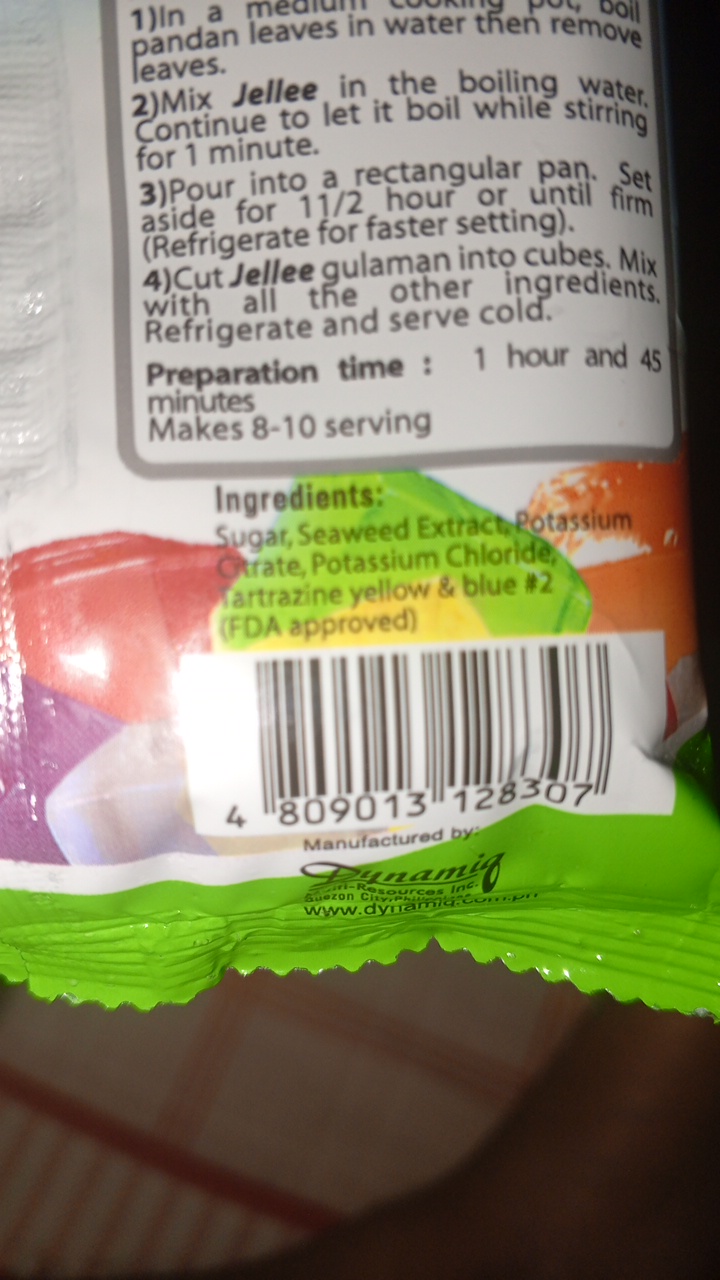
Barcode: 4809013128307
unknown
DOUBTFUL
📝 Reason: The product contains ingredients like tartrazine yellow and blue #2 which are either doubtful or not listed in the provided Halal ECode lists, making the overall product status Doubtful. Islamic dietary laws require clear Halal certification or verification for all ingredients, especially additives and colorants.
📄 Certificates: None
Ingredients:
Details
The Halal Status of ‘unknown’: A Detailed Exploration
As consumers continue to seek clarity on the Halal status of various products, the inquiry into whether the product ‘unknown’ holds a Halal certification is crucial. With its current status being marked as DOUBTFUL, understanding the reasons behind this designation is essential for those adhering to Islamic dietary laws.
Understanding Halal Certification
Halal refers to what is permissible or lawful in traditional Islamic law. It pertains not only to the sources of food but also includes the means of processing and even the handling methods of these items. In general, for a product to be considered Halal, it must not only contain Halal ingredients, but it also should ideally be endorsed with a recognized Halal certification.
Ingredients Breakdown
The product ‘unknown’ contains the following ingredients: sugar, seaweed extract, potassium citrate, potassium chloride, tartrazine yellow, and blue #2. Each of these ingredients will be evaluated for their Halal status based on known guidelines and research.
1. Sugar
Sugar is typically Halal unless derived from Haram sources. In most cases, it is sourced from sugarcane or sugar beets, both of which are considered permissible. Thus, sugar alone does not affect the Halal status negatively.
2. Seaweed Extract
This plant-based ingredient is generally considered Halal, as it is entirely derived from marine plants and does not involve any animal product processing. Consumption of seaweed extract is widely accepted in Halal diets.
3. Potassium Citrate (E332)
Potassium citrate is listed in Halal E-codes and is consequently considered Halal. This additive is widely used in food products and is safe for those following Halal dietary restrictions.
4. Potassium Chloride (E508)
Similarly, potassium chloride is also on the Halal E-codes list, making it Halal for consumption. It serves as a salt substitute and is often found in processed foods, contributing to its widespread use.
5. Tartrazine Yellow (E102)
While tartrazine yellow is found in the Halal E-codes list, it requires further verification for Halal compliance. This coloring agent can occasionally be derived from non-Halal sources, which challenges its status. Since it necessitates further assessment, its presence contributes to the product’s overall doubtful Halal status.
6. Blue #2 (E132)
This coloring agent, blue #2, is not listed in the provided E-code lists and also requires additional verification to ascertain its Halal compliance. This uncertainty raises a red flag for consumers who are cautious about the ingredients they consume.
Conclusion
The product ‘unknown’ currently holds a doubtful Halal status due to the inclusion of ingredients, particularly tartrazine yellow and blue #2, which either require more verification or are not explicitly covered under the Halal guidelines. Without a recognized Halal certification and considering that some of these components can potentially come from sources not compliant with Islamic dietary laws, consumers are urged to approach this product with caution.
In summary, while several ingredients in the product ‘unknown’ are acceptable under Halal laws, the doubtful status hinges primarily on the additives that demand further scrutiny. It remains essential to verify the source and certification status of such products when making dietary decisions adhering to Halal regulations.

